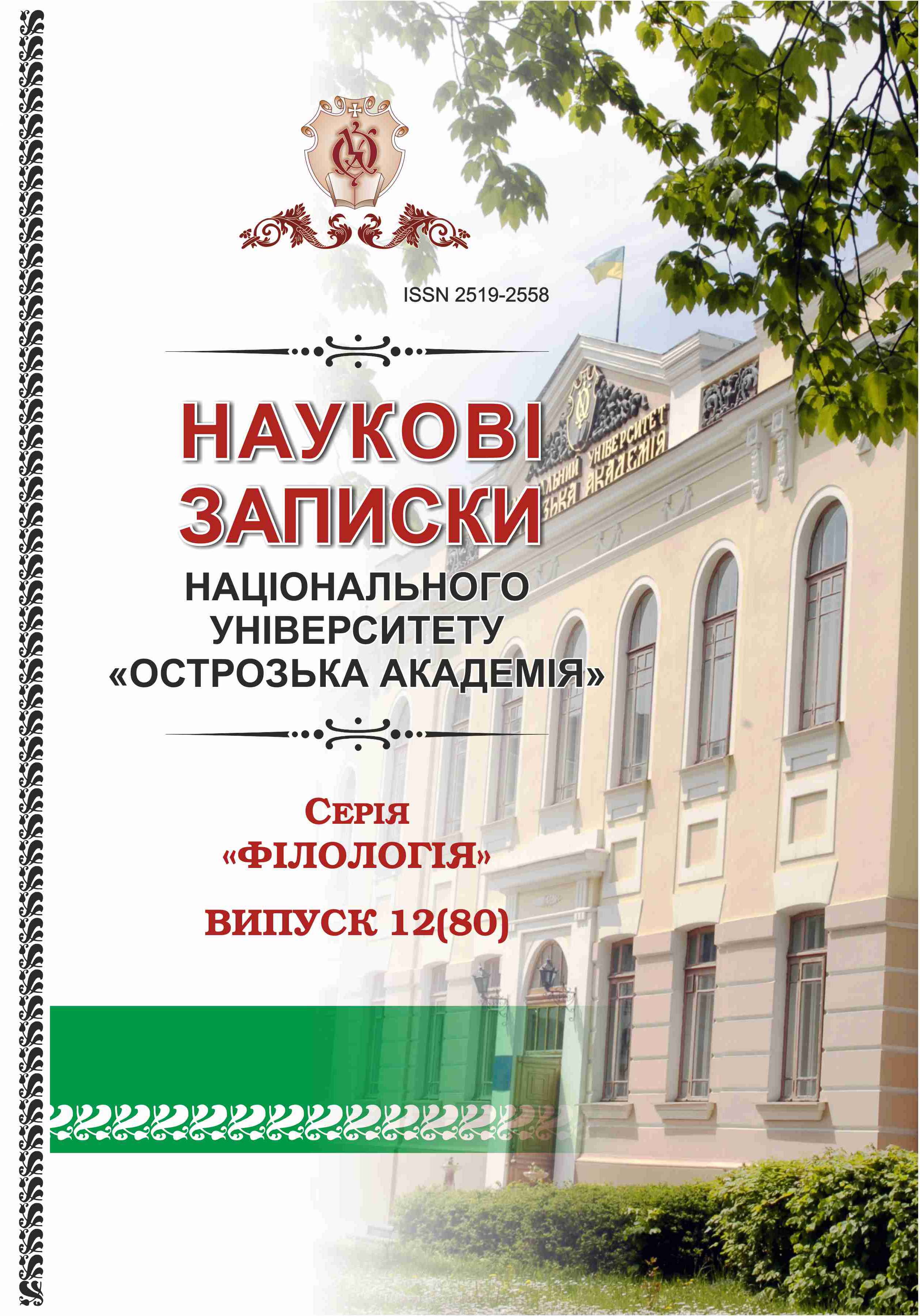INTERCULTURAL COMMUNICATION IN A GERMAN LANGUAGE STUDY
Keywords:
foreign language, culture, intercultural communication, communication, teaching methodsAbstract
The article deals with a study of intercultural communication formation problems in the process of learning German language. Foreign languages in a modern society are becoming increasingly important, as well as the growing need for a high level of proficiency, but it is impossible to fully communicate with other cultures without knowing anything about the characteristics of this people. A foreign language is an effective factor in the development of personality in a multicultural space. As a phenomenon of the spiritual life of mankind, it plays a major role, it promotes the process of communication, socialization, professionalization and social adaptation. At the present stage of development of teaching foreign languages methods, researchers identify three main goals of teaching a foreign language as a language of international communication and communication itself. It is noted that a foreign language should be studied in an inseparable unity with the world and culture of the peoples who speak these languages. The main components of foreign culture include the following elements: everyday behavior; traditional household culture; traditions, as well as rites that can be perceived as traditions; national pictures of the world that reflect the specifics of perception of the world around; artistic culture, which can also be attributed to the elements of ethnography and ethnology. It is emphasized that it is necessary to use authentic materials for its mastering when including aspects of intercultural communication in the content of foreign language teaching. We have identified the following ways to simultaneously study of German language and culture by the students who have proven themselves best during the learning process: role-playing games, preparation of individual messages, group messages or dialogues, presentations of the topics, home reading, contacts with other cultures, general discussion, homework on a given topic. Thus, the emphasis in the educational process on the features of intercultural communication make foreign language classes more diverse, interesting, which leads to the increased learning motivation and perception of the real picture of the world.

